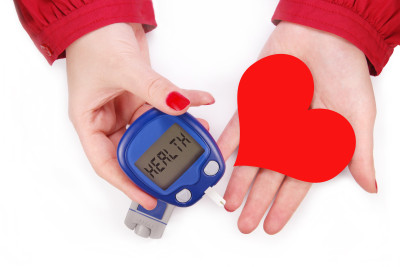Diet Soda and Diabetes
By Martha Funnell, MS, RN, CDE
You may have heard about recent studies showing that people who drink diet soda have a higher risk for diabetes, high blood pressure, heart attacks and strokes than those who do not drink diet drinks. But in fact, researchers have not been able to say that the diet drinks are to blame. Most of those studies are observational, meaning they simply report what they observe. Observational studies are not designed to determine cause and effect. That requires a different kind of study.
In addition, a recent study showed other differences between people who drank diet sodas and those who drank regular sodas. Overall diet, or food intake, is one important difference.
Diet Soda Study
The most recent study to look at diet sodas followed more than 4,000 people for 20 years who were between the ages of 18 and 30 when the study began. The researchers measured how many people got metabolic syndrome after 20 years.
Group 1. The group with the highest risk for metabolic syndrome (32%) regularly drank diet soda and ate a typical Western diet high in meat, processed foods and sugar.
Group 2. The group that regularly drank diet sodas and ate a healthier diet that was rich in fruits, vegetables, whole grains and fish had a slightly higher rate of metabolic syndrome (20%).
Group 3. The group that had the lowest risk for metabolic syndrome drank no diet soda and ate a healthy diet (18%).
Study Conclusion
Researchers found that overall diet is what matters, and the effect of diet soda is not fully known. There are some studies in animals showing that artificial sweeteners can increase appetite and food intake, but it is not known if these same effects occur in people.
Other studies have shown similar results and seem to confirm that one’s overall food intake can affect the risk of developing both metabolic syndrome and type 2 diabetes. Supporting this view is another study showing that people who ate a greater quantity of vegetables and a wide variety of fruits and vegetables had the lowest risk for developing type 2 diabetes.













